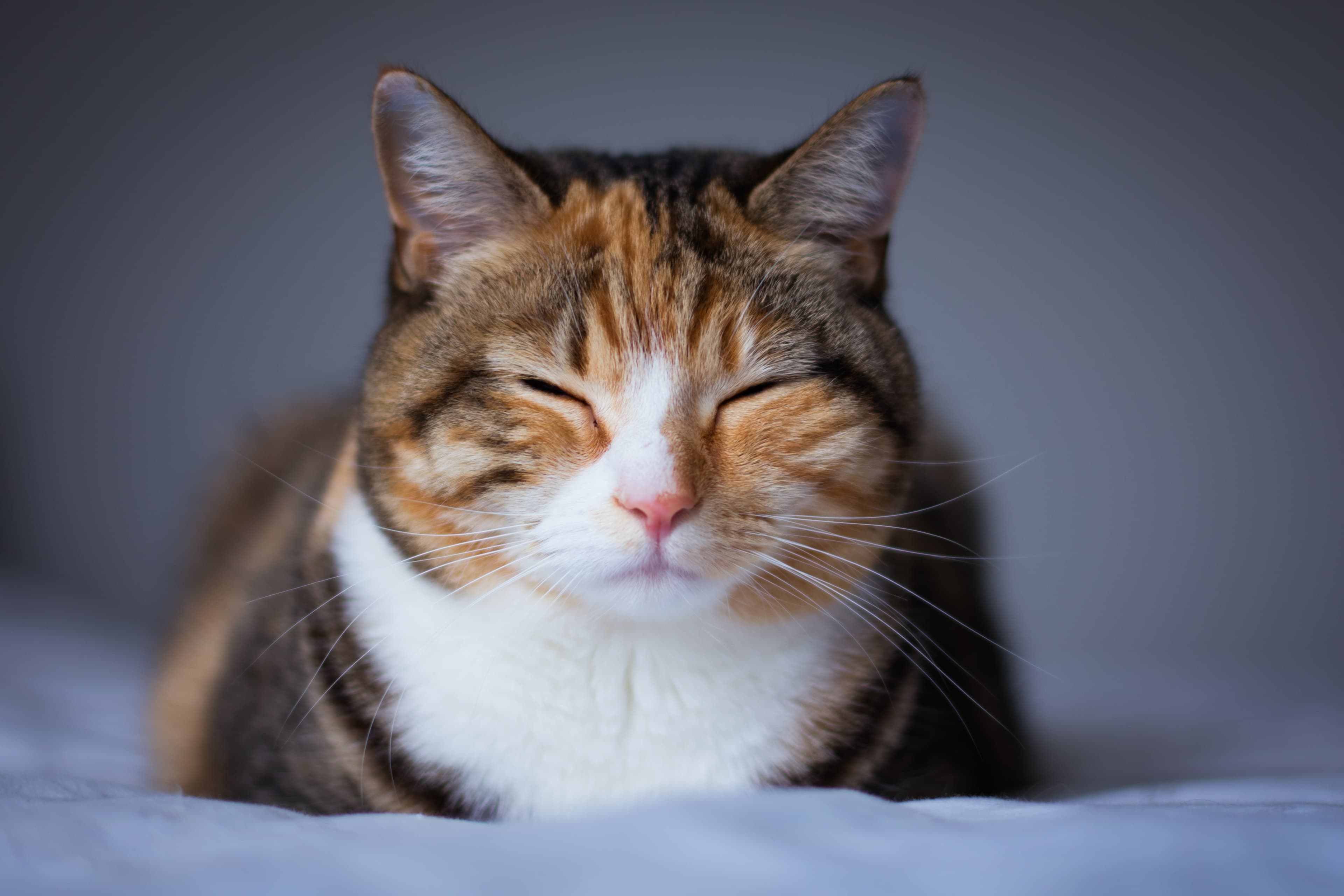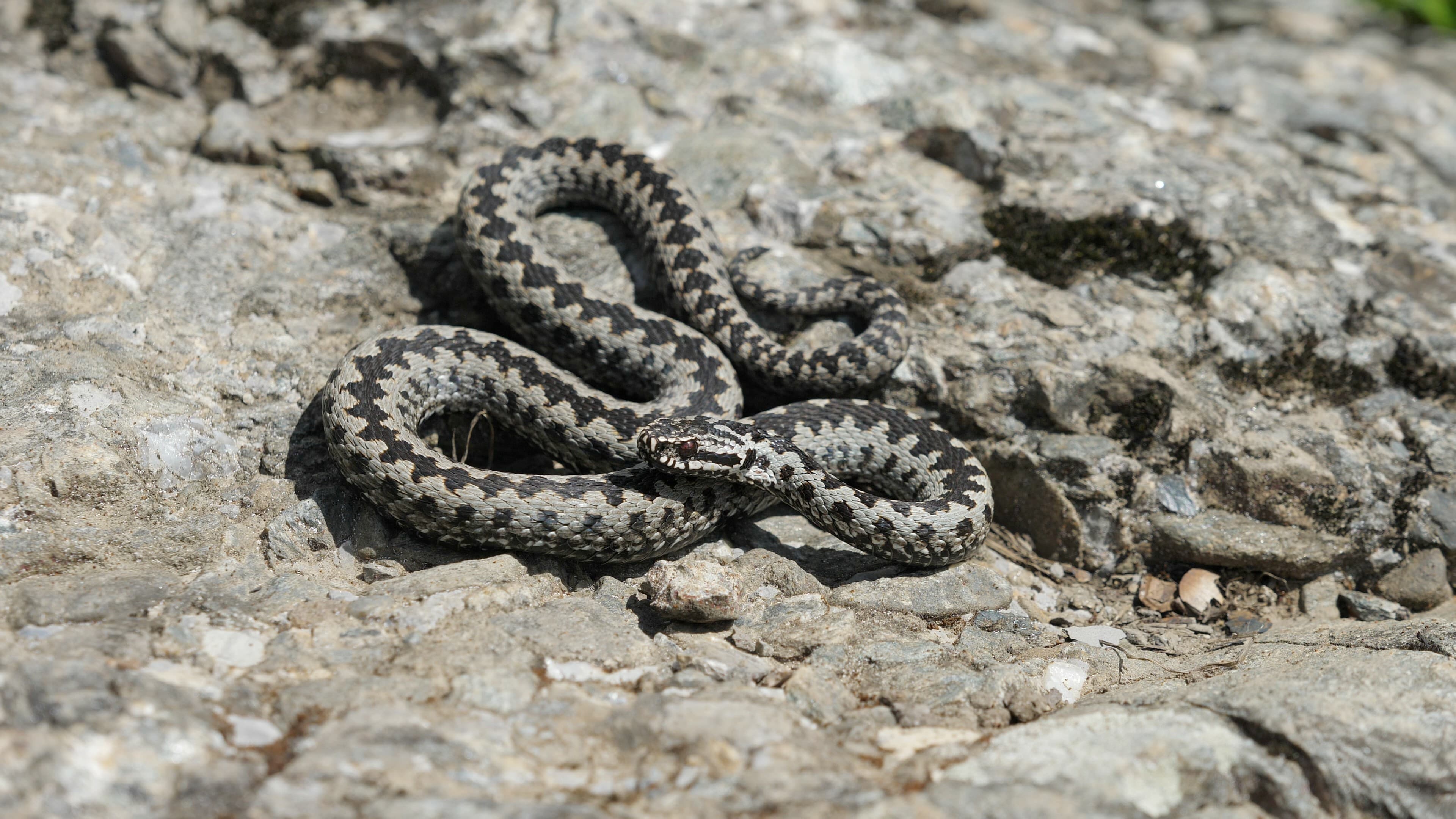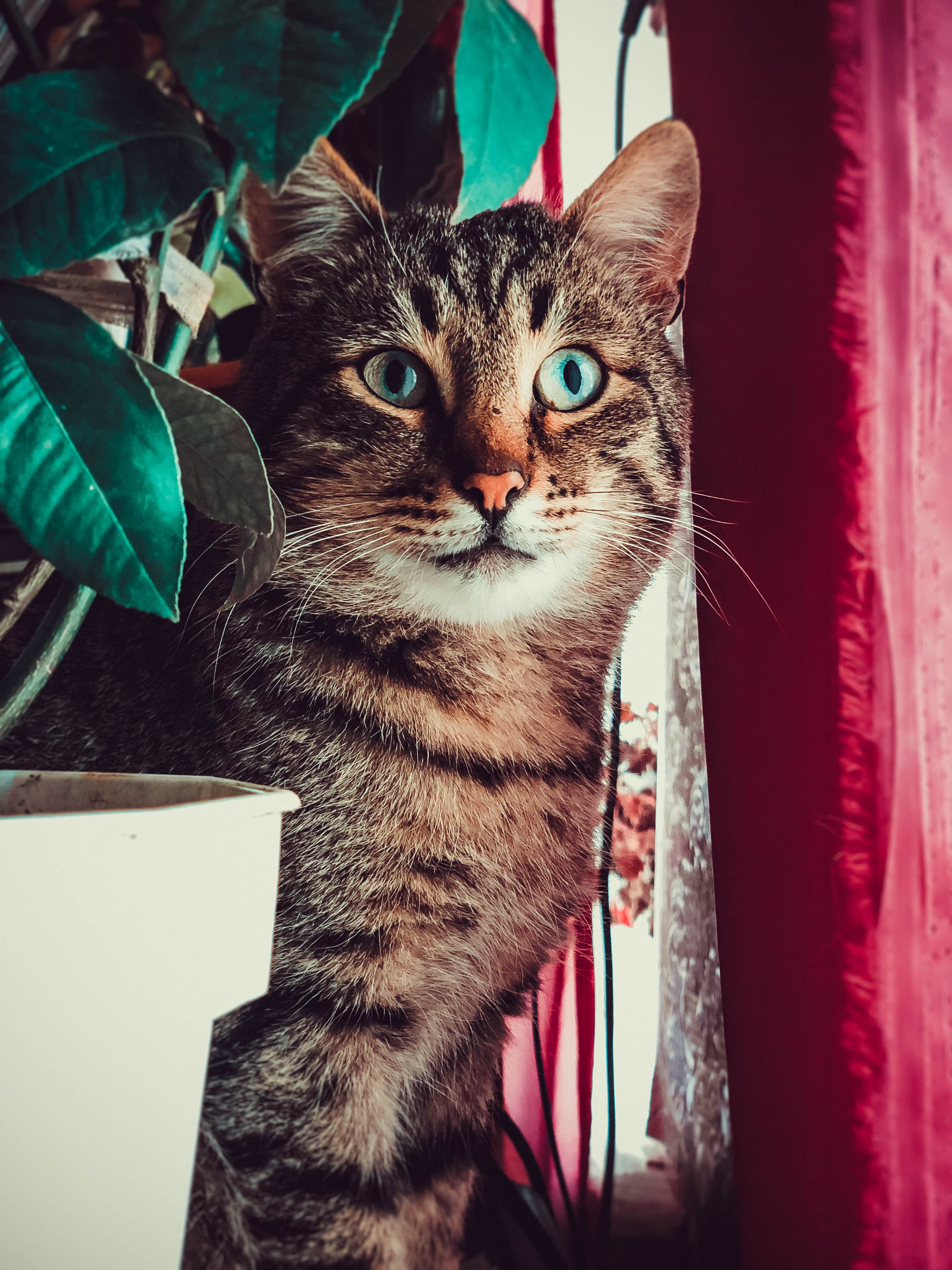Urinary stones in cats
Cats can suffer from several urinary-related health issues, with urinary stones being one common example.
Urinary stones can irritate and inflame a cat's bladder, and also increase the risk of urinary tract infections. In the most serious cases, stones can cause a blockage, preventing the cat from urinating altogether. This is a life-threatening emergency that requires immediate veterinary attention, as it can be fatal.
Urinary stones can vary in size and number. Symptoms often resemble other urinary problems. Your cat might visit the litter box more frequently, straining to urinate with little or no success. They may also start urinating outside the box, show changes in behaviour, cry out in pain when trying to urinate, or lick their genital area more than usual. Their general condition might decline, with potential fever, reduced appetite and lethargy.
If you suspect your cat has any urinary issues, it's crucial to see a vet for a proper diagnosis and treatment. Investigating the underlying cause is also important to prevent future occurrences.
A vet will likely perform a urine test, ultrasound, or X-ray to diagnose urinary stones, often alongside a blood sample. Treatment can range from medication to surgery or dietary changes, depending on the stone type and other factors. If your cat has had stones before, they may need a special lifelong diet to prevent them from returning.
Factors like obesity and lack of exercise can contribute to the development of urinary stones in cats, although it's often a combination of factors. The exact reasons why cats develop these stones are not yet fully understood.
If you suspect your cat has urinary stones, book a vet appointment as soon as possible. Identifying the specific type and composition of the stones is essential for the vet to determine the most effective treatment and help prevent recurrence.






